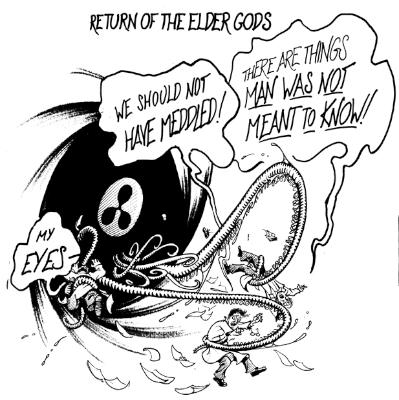Funny Games U.S. (Michael Haneke, 2008)
Después de una filmografía a contracorriente, brutal, sin concesiones, viene y nos hace un remake americano?. ¿De qué vas Haneke? Pero lejos de ser una maniobra comercial, que algo habrá, el cineasta, inteligentísimo, ha accedido a dirigir la misma película con una extraña pero genial condición: rodar ?la misma pelicula? exactamente. Plano por plano. Solo cambian los actores. ¿Y qué sentido tiene este esfuerzo? Pues el de que más personas sufran el mismo golpe bajo. Casi nada. La brutalidad del remake es más fiero que la original, por el simple hecho que se muestra en los multicines de los centros comerciales y mucha más gente la irá a ver. Nadie sabe lo que va a ver exactamente. Nadie sabe la brutalidad, la duración de los planos, su explicidad o carencia de ella. No, no es una peli para ver entre la hamburguesa de la tarde y los litros de la noche, aunque la foto promocional despiste y pueda parecer una pelicula de terror teenager.
